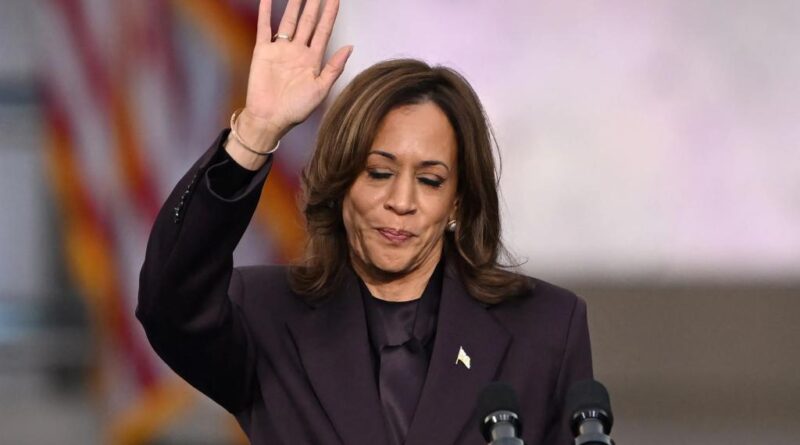Will Democrats Recognize the 2024 Lesson: Identity Politics Are a Losing Strategy?

As Joe Biden’s presidency approaches its final weeks, his legacy continues to unravel.
Many in the Democratic Party have turned their frustrations towards Biden, holding him accountable for bringing Donald Trump back into the fold.
The narrative suggests that if Biden had refrained from seeking a second term, Kamala Harris could have prepared a stronger campaign — or perhaps the party could have seen a more robust primary with contenders more capable than either Biden or Harris.
The problem with this line of thinking is that Democrats haven’t secured a presidential win without Biden on the ticket since 1996.
While Barack Obama may not have truly needed Biden as his running mate in 2008 and 2012, he clearly viewed Biden as the best available option for the No. 2 position.
Democrats should have reflected on what that implied about their pool of talent.
Elite Democrats were well aware of Biden’s advancing age when he clinched the 2020 nomination at 77, but the pandemic’s lockdowns meant his lack of vigor and clarity wouldn’t garner much attention — there simply wasn’t a campaign trail.
If Biden was the best the party could muster at the top of the ticket, what did that say about the options below him?
By choosing Biden as his VP, Obama missed the opportunity to promote a leader from his own generation.
Hillary Clinton, determined to secure the presidency for herself, dominated the 2016 primaries, leaving just enough room for Bernie Sanders to make a left-leaning challenge — which the 75-year-old Vermont socialist surprisingly executed well.
Senior Democrats effectively stifled the rise of a new leadership generation — perhaps a fitting outcome for a party so ardently pro-choice.
What they lacked in new presidential candidates, they compensated for with identity politics.
Understanding fully that Biden wasn’t suitable to serve two terms, Democrats accepted Harris as his running mate.
Harris’s candidacy was not backed by her popularity; indeed, she failed to make it to the first primary in her 2020 pursuit for the nomination, reflecting dismal polling numbers.
Furthermore, unlike Sanders, Harris did not embody a significant ideological presence; her opportunism became evident well before she turned her inconsistent views and past policies into the defining aspect of her 2024 campaign.
The reasoning for selecting her as Biden’s running mate boiled down to her race and gender.
After all, the core message of Clinton’s campaign four years earlier was that a woman should hold the presidency.
How could a party that championed that stance not include a woman on its ticket in the following election?
Yet it was also the year of George Floyd, and a party aligned with Black Lives Matter couldn’t overlook racial considerations.
Though Harris lacked popularity and principled stances, her ambition was apparent, and she checked the right boxes.
However, when a party selects candidates based on such criteria, it shouldn’t be surprised by electoral losses, particularly since Clinton had already demonstrated that identity politics wouldn’t suffice to win against Trump.
Elite Democrats may currently point fingers at Biden, but they were well aware of his limitations and still chose to keep him in the race rather than risk their fortunes on Harris.
Ultimately, the options were Biden or Harris, and until Biden’s debate collapse — and even for a while afterward — Democratic insiders perceived Biden as the more formidable candidate.
The party sealed its fate back in 2020 when it elevated Harris for reasons unrelated to electability.
Democrats tested their philosophy: If race and gender considerations are deemed necessary in higher education and corporate America to address the wrongs of racism and sexism, shouldn’t those principles also apply at the pinnacle of politics — the presidential level?
But this approach led them to a stand-in for Biden who could not secure a win, even amid media portrayals of her opponent as a fascist.
Harris’ campaign has illuminated that her internal polling never indicated she was leading.
Biden, Harris, Clinton, and Obama have led Democrats into a cul-de-sac.
To escape this predicament, the party will have to reevaluate its identity politics — though given Trump’s advances with Black men and Latinos, they might fear that any retreat from affirmative action could unravel their already tenuous coalition.
By rejecting Harris and opting for Trump, voters across demographics delivered Democrats a clear message.
The question now is whether they are willing to listen.



